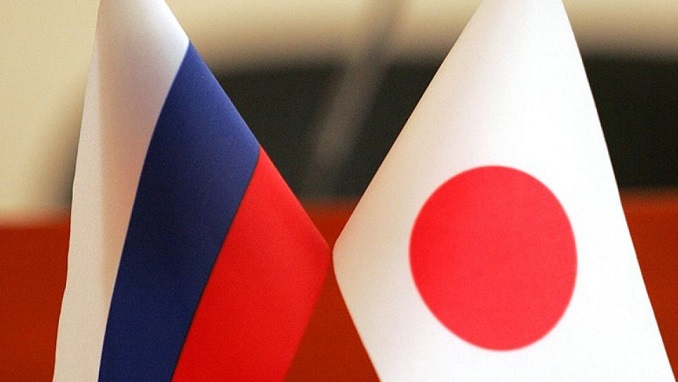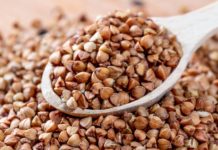In order to help meet growing domestic meat demand, Japan will allow certain imports of fresh chicken from Russia, Nikkei reported from the G20 Summit in Osaka. The information could not immediately be confirmed with authorities.
Russian President Vladimir Putin and Japanese Prime Minister Shinzo Abe are expected to reach an agreement at a meeting this week on the sidelines of the event, as part of a broader accord to expand bilateral trade, Japanese government sources said.
Abe hopes to use the deal as another step toward a long-awaited post-World War II peace treaty between the two countries.
Japan bars imports of chicken and other poultry from much of the world over concerns about infectious diseases. The island country has been banning imports of raw chicken meat from Russia due to avian flu. According to the sources, Tokyo would lift the ban only for certain parts of the country proven to have a low risk of carrying the disease.
The government plans to have Russian meat inspected both locally and as it enters Japan to ensure its safety. It envisions allowing imports for commercial purposes, rather than consumer markets, and looks to let in only meat from the Tula and Bryansk oblasts, south of Moscow.
The deal will also include an expansion of Russian facilities to produce such processed meat as sausages for the Japanese market, as well as an increase in Russian purchases of Japanese wagyu beef.
The chicken ban would likely be lifted no sooner than 2020. The Japanese government consulted an Agriculture, Forestry and Fisheries Ministry working group about the matter in May, and the body is expected to submit a report after Tokyo and Moscow sign a deal.
Of the roughly 560,000 tons of chicken Japan brought in from overseas in 2017, about 70% came from Brazil, with another 20% or so purchased from Thailand. Japan resumed importing Thai chicken in 2014 following a 10-year ban prompted by an avian influenza outbreak.












